About the Course:
This course explores how blockchain's decentralized and transparent nature is revolutionizing sectors like finance, supply chain management, healthcare, and more. You will learn about smart contracts, decentralized applications (DApps), and how blockchain is driving innovation in data security and digital identity. Whether you're a tech enthusiast or a business professional, this course equips you with the knowledge to harness blockchain's full potential and stay ahead in the digital age.
Blockchain technology is frequently linked with cryptocurrencies, but its potential extends far beyond this. The features of blockchain are a major factor behind the popularity of cryptocurrencies, but they also enable a variety of other uses across different industries. In reality, blockchain is increasingly being adopted in numerous fields beyond just digital currencies.
Blockchain is a secure, immutable digital ledger that facilitates transactions directly between parties without intermediaries such as banks or governments. It works by recording, storing, and verifying data through decentralized methods. Each transaction is documented and added to a "block" on the blockchain, which is then encrypted and linked to the previous block—hence the term "blockchain." This creates a tamper-proof, chronological sequence. As a result, once data is recorded on a blockchain, it cannot be altered or deleted without the network's agreement. These modern databases serve as a reliable, single source of truth and enable transparent, trustless data exchange across a network of interconnected computers.
Bitcoin, Ethereum, and other major cryptocurrencies rely on blockchain to securely handle and record transactions, which is its main application. However, blockchain technology is increasingly being adopted in various non-cryptocurrency projects. By learning how blockchain blocks are coded and exploring how different industries could leverage this technology, you can enhance your appeal for new opportunities in this field.
Blockchain technology offers a revolutionary approach to managing supply chains by enhancing visibility and traceability throughout the entire process. Traditional supply chains often face inefficiencies and lack transparency, which can result in problems such as delays, quality issues, and higher costs. Blockchain addresses these problems by providing a secure, transparent, and unalterable record of all transactions and movements within the supply chain.
Blockchain allows for the real-time tracking of products from their origin to the final consumer. Each step in a product’s journey, from raw materials to delivery, is recorded and accessible. This increased traceability helps verify the authenticity and quality of products. For example, Walmart uses blockchain to track products from the harvest stage to the store shelf, ensuring their quality and safety.
The decentralized nature of blockchain means all supply chain participants have access to the same data. This transparency reduces disputes and allows all parties to verify the status and history of products. Walmart’s blockchain implementation lets employees scan items and view their entire supply chain journey.
Data entered into the blockchain is immutable and cannot be altered or deleted. This feature ensures that transaction records are permanent and reliable, reducing the risk of fraud and errors since all parties have access to an accurate, unchangeable record.
Blockchain reduces the need for intermediaries and minimizes human errors, leading to lower costs and more streamlined operations. Automated and accurate record-keeping cuts administrative overhead and speeds up transaction processing.
By reducing manual data entry and lowering the likelihood of human errors, blockchain technology increases the efficiency and reliability of supply chains. With fewer errors and less need for human intervention, operations become more effective.
"Blockchain technology is a decentralized, distributed ledger that stores the record of ownership of digital assets. Any data stored on blockchain is unable to be modified, making the technology a legitimate disruptor for industries like payments, cybersecurity, and healthcare."
Blockchain is a revolutionary technology because it helps reduce security risks, stamp out fraud, and bring transparency in a scalable way.
Popularized by its association with cryptocurrency and NFTs, blockchain technology has since evolved to become a management solution for all types of global industries. Today you can find blockchain technology providing transparency for the food supply chain, securing healthcare data, innovating gaming, and changing how we handle data and ownership on a large scale.
Blockchains are distributed data-management systems that record every single exchange between their users. These immutable digital documents use several techniques to create a trustless, intermediary-free system.
Let’s start with the blocks. Each block contains stored data, as well as its own unique alphanumeric code, called a hash. These cryptographically generated codes can be thought of as a digital fingerprint. They play a role in linking blocks together, as new blocks are generated from the previous block’s hash code, thus creating a chronological sequence, as well as tamper proofing. Any manipulation to these codes outputs an entirely different string of gibberish, making it easy for participants to spot and reject misfit blocks.
Another key feature to the inner workings of blockchain is decentralization. In lieu of a centralized entity, blockchains distribute control across a peer-to-peer network made up of interconnected computers, or nodes. These nodes are in constant communication with one another, keeping the digital ledger up-to-date. So when a transaction is taking place among two peers, all nodes take part in validating the transaction using consensus mechanisms. These built-in protocols keep all in-network nodes in agreement on a single data set. No blocks can be added to the blockchain until it is verified and has reached consensus. Luckily, this step has been sped up with the advent of smart contracts, which are self-executing programs coded into a blockchain that automate the verification process.
Once a transaction is recorded, it’s considered permanent. Blockchains are one-way operations in that there are no reversible actions. This immutability is part of creating transparency across the network and a trustworthy record of all activities on the blockchain.
Blockchain is revolutionizing cross-border payments by making them faster, more affordable, and transparent by eliminating the need for intermediaries. Traditional international transfers often face delays and high costs due to multiple intermediaries and currency conversions. Blockchain’s decentralized system allows transactions to occur directly between parties, cutting down processing times and eliminating substantial fees. Additionally, blockchain offers real-time visibility into payment progress, which enhances trust and accountability. Overall, blockchain is transforming the global payment landscape by providing a more efficient and economical solution for international transactions while ensuring greater transparency and reliability.
By fostering greater transparency and reliability, blockchain helps drive informed decision-making and effective verification of environmental efforts.
Decentralized Finance (DeFi) platforms are transforming the financial sector by using blockchain technology to enable lending, borrowing, and trading without relying on traditional intermediaries. This decentralized approach democratizes access to financial services, breaking down geographical and socioeconomic barriers and enhancing financial inclusion. By eliminating intermediaries, DeFi platforms streamline processes, cut costs, and improve efficiency. Additionally, the decentralized model encourages innovation, allowing developers to rapidly create and deploy new financial products and services with fewer obstacles. Overall, DeFi platforms powered by blockchain represent a significant shift in the financial industry, offering a more inclusive, accessible, and innovative approach to financial services.
DeFi is revolutionizing the financial landscape by making services more inclusive and fostering innovation in ways that traditional finance systems struggle to achieve.
Let's explore the traditional voting process first. Voters typically provide their voter ID, which is verified before they cast their vote using a centralized Electronic Voting Machine (EVM). However, centralized systems can be susceptible to hacking and vote manipulation. Blockchain technology, with its decentralized nature, has the potential to address these vulnerabilities and ensure a more secure and fair election process.
Here’s how blockchain could transform the voting process:
Voters would first download a voting application, such as MiVote. After submitting their voter ID for registration and verification, they can cast their vote securely without revealing their identity publicly. Once a vote is recorded on the blockchain, it becomes permanent and unalterable. Election officials can then count the votes with complete accuracy, knowing that each ID is linked to only one vote. Additionally, blockchain technology allows voters to track their own votes, enhancing transparency.
Though still in development, blockchain has the potential to revolutionize voting by removing the need for third-party systems and ensuring full transparency in the electoral process.
Blockchain technology offers a promising solution for preventing the illegal sale of arms on the black market. By establishing an immutable global database, blockchain can track weapons from their production through to their sale. This database would document every transaction and purchase, ensuring that records are secure and unchangeable once entered.
How Blockchain Works for Weapons Tracking
Voters would first download a voting application, such as MiVote. After submitting their voter ID for registration and verification, they can cast their vote securely without revealing their identity publicly. Once a vote is recorded on the blockchain, it becomes permanent and unalterable. Election officials can then count the votes with complete accuracy, knowing that each ID is linked to only one vote. Additionally, blockchain technology allows voters to track their own votes, enhancing transparency.
Though still in development, blockchain has the potential to revolutionize voting by removing the need for third-party systems and ensuring full transparency in the electoral process.
Blockchain technology extends far beyond its initial application in cryptocurrencies, offering transformative potential across various industries. Its decentralized, transparent, and immutable nature enables secure and efficient solutions in areas such as supply chain management, cyber security, voting, and weapons tracking. By eliminating intermediaries and enhancing data integrity, blockchain fosters greater trust, accountability, and innovation. As industries continue to explore and adopt blockchain, its impact will likely grow, paving the way for more transparent and efficient systems across diverse sectors. The future of blockchain promises not only to reshape traditional practices but also to unlock new opportunities for advancement and collaboration.
Blockchain technology, while initially popularized by cryptocurrencies, holds immense potential across various industries. Its decentralized, transparent, and immutable nature makes it a robust solution for challenges in supply chain management, cybersecurity, cross-border payments, carbon emissions tracking, decentralized finance (DeFi), voting, and weapons tracking. By reducing the need for intermediaries and enhancing data security and transparency, blockchain fosters trust, accountability, and innovation. As more industries continue to explore and implement blockchain solutions, we can expect significant advancements that will reshape traditional systems and open up new opportunities for growth and collaboration across multiple sectors. The future of blockchain is not just about revolutionizing current practices but also about pioneering new pathways for progress and efficiency.
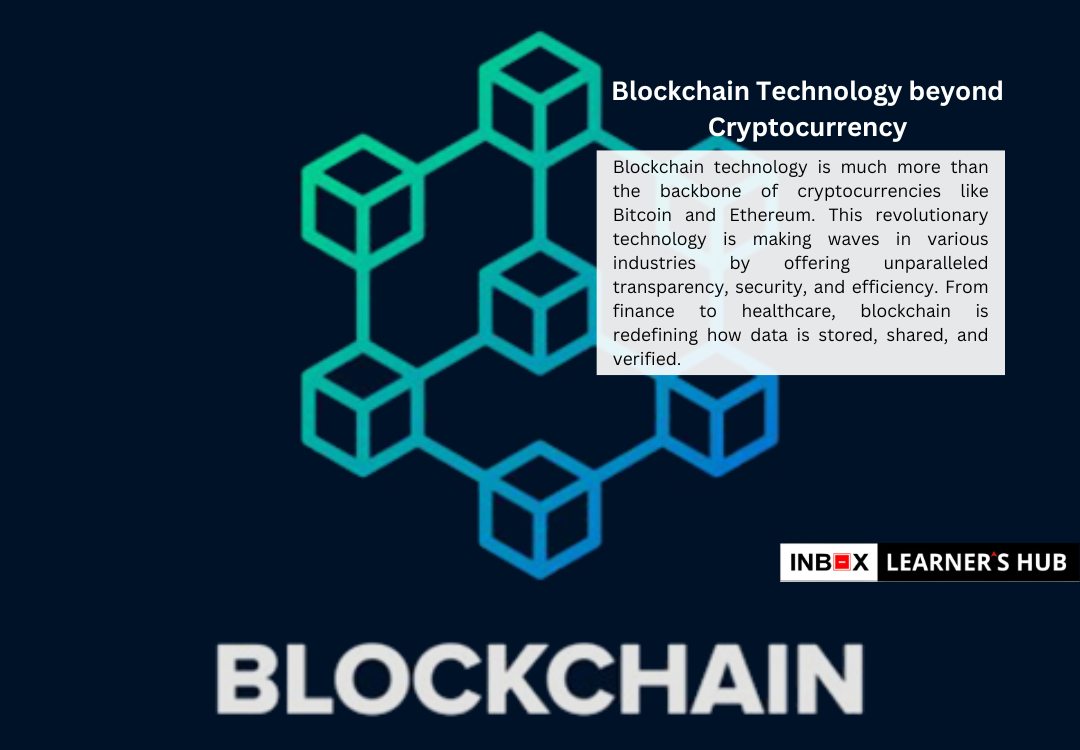

About The Course:STAAD is a leading software used by civil and structural engineers for analyzing an...
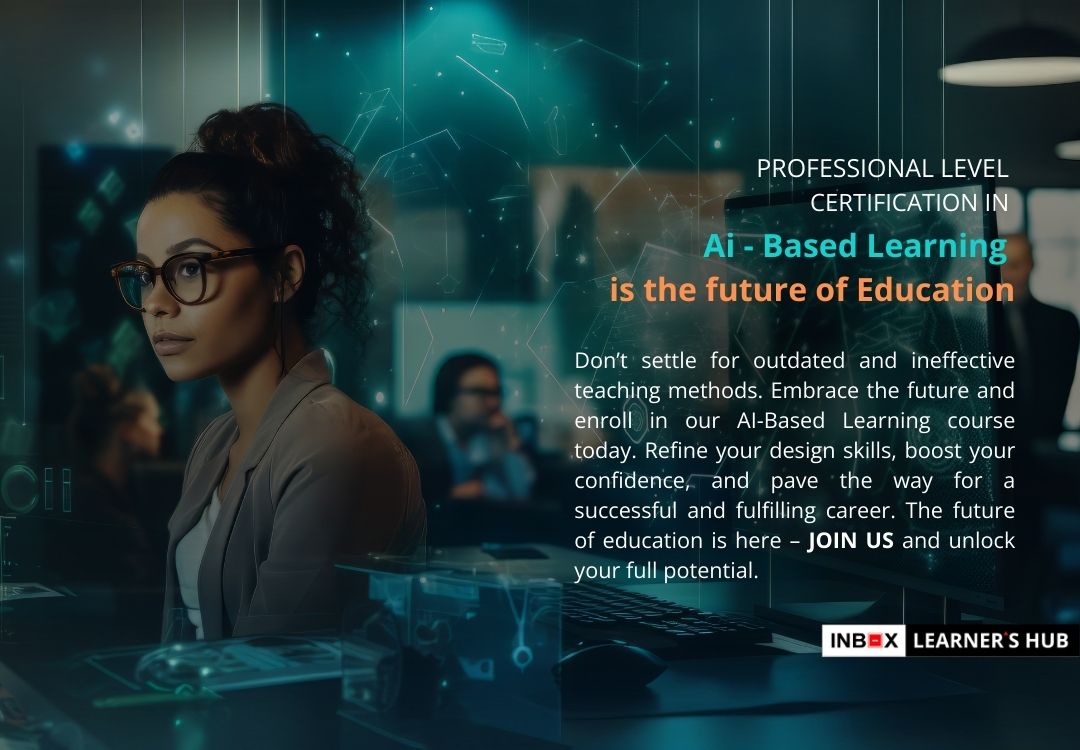
About The Course: The corporate world is slowly stepping into the dimension of Artificial Intelligen...
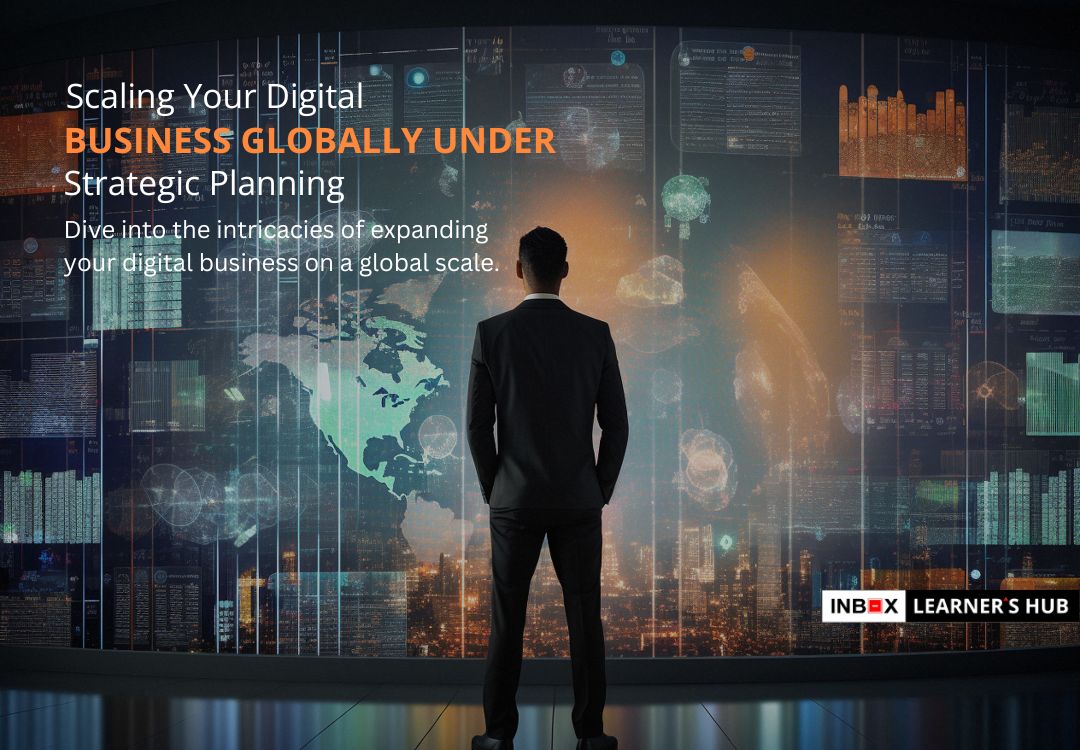
About The Course: Before diving into the expansion process, it's crucial to thoroughly understand th...
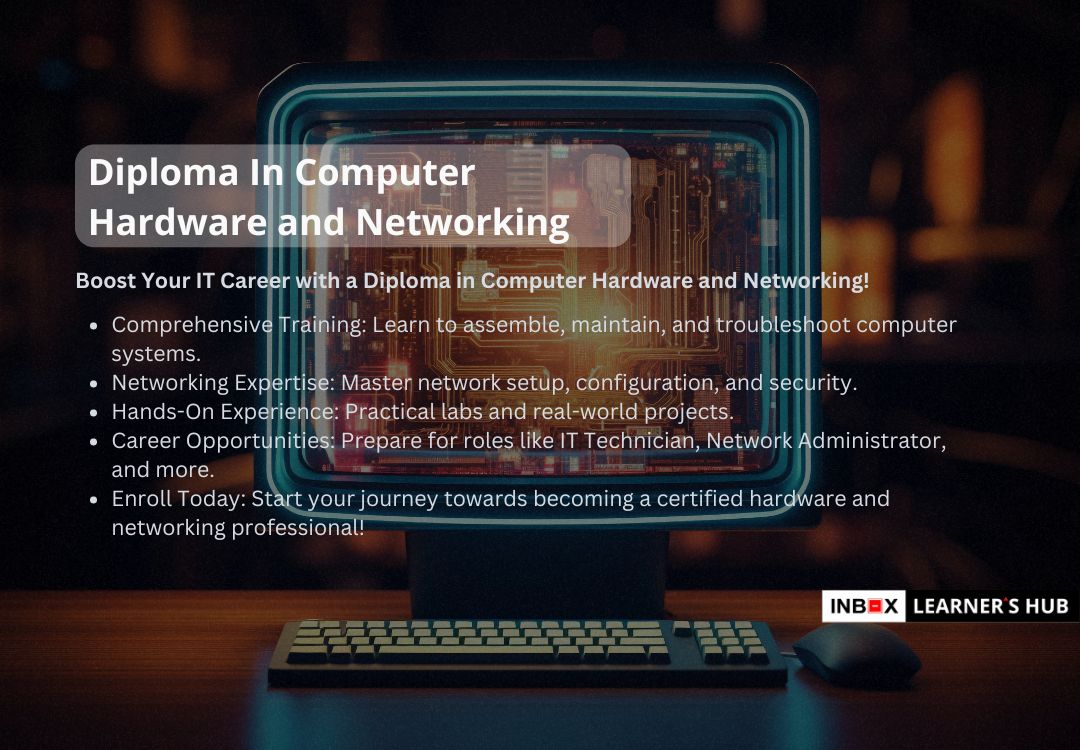
About The Course: In our tech-driven world, expertise in computer hardware and networking is indispe...
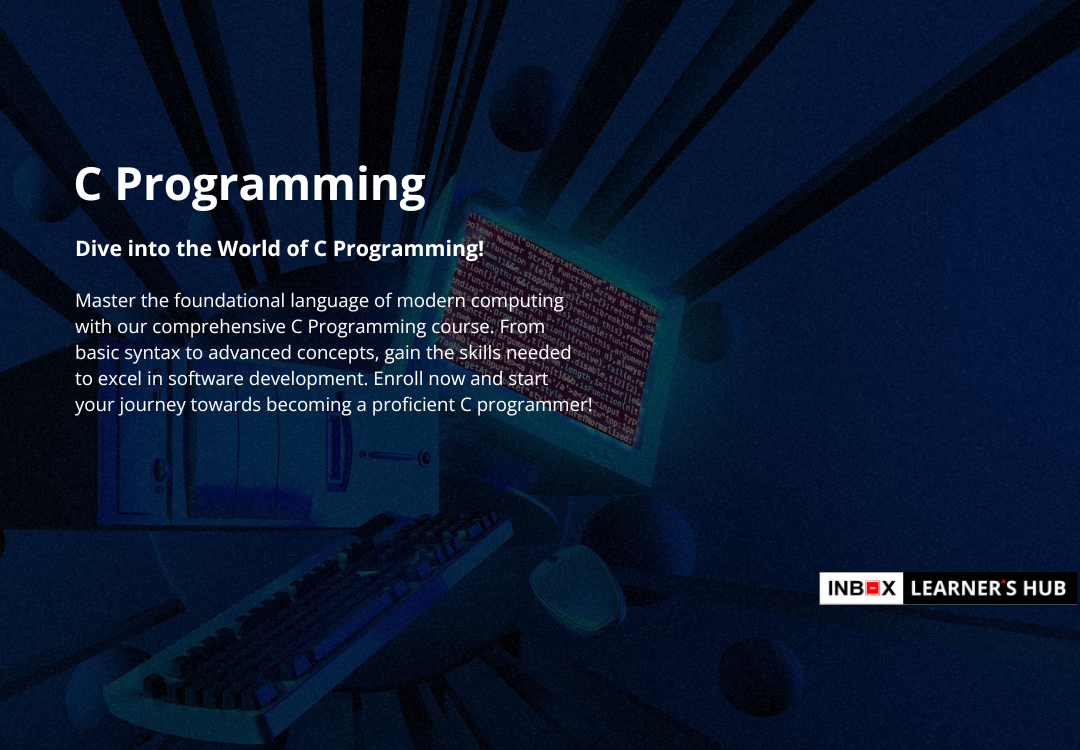
About The Course:This C programming course is designed to take you from a beginner to a proficient p...
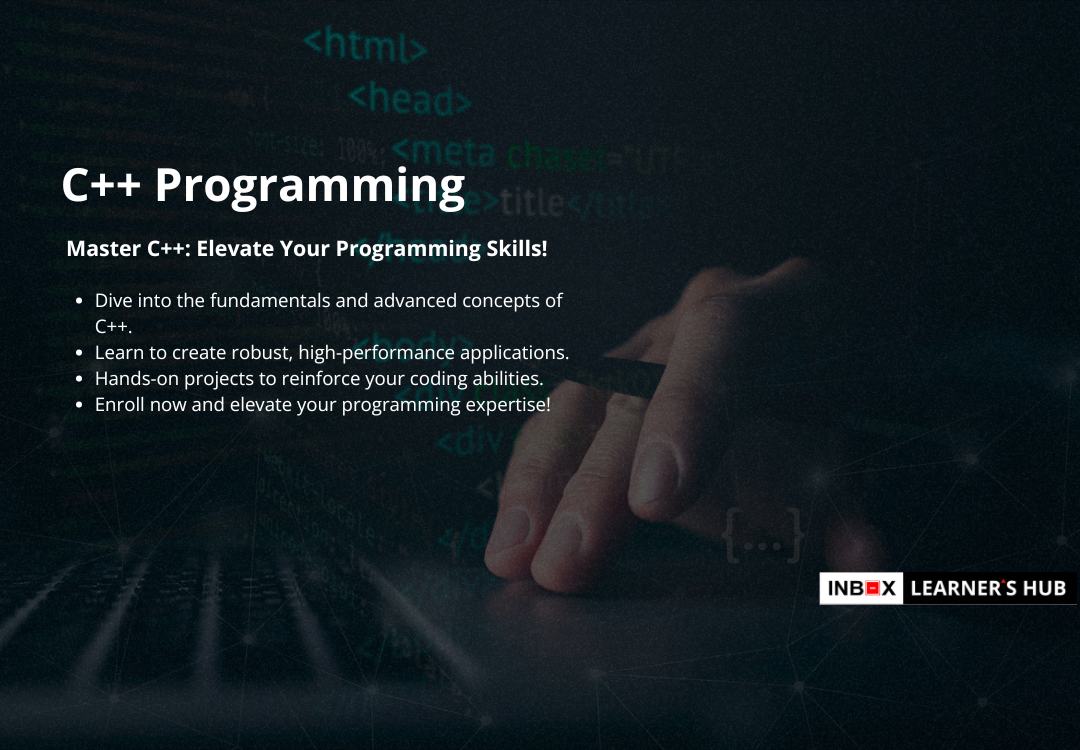
About The Course: C++ course offers a comprehensive and dynamic learning experience, designed for...
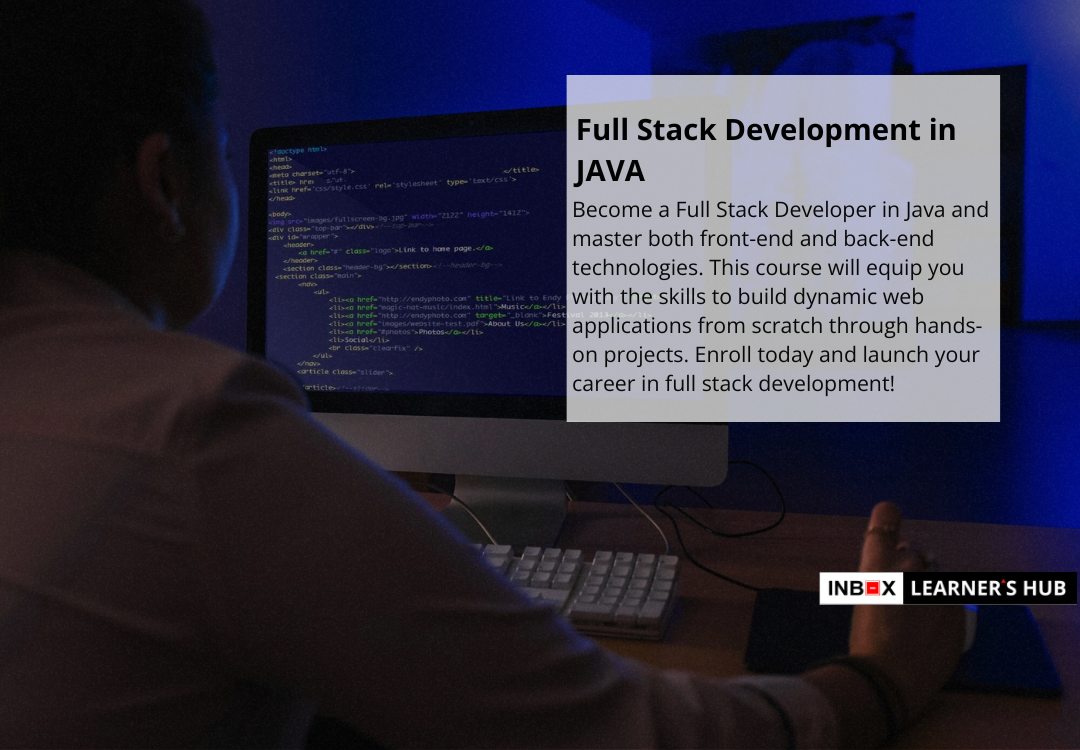
About The Course:Java is a must for students and working professionals to become a great Software En...
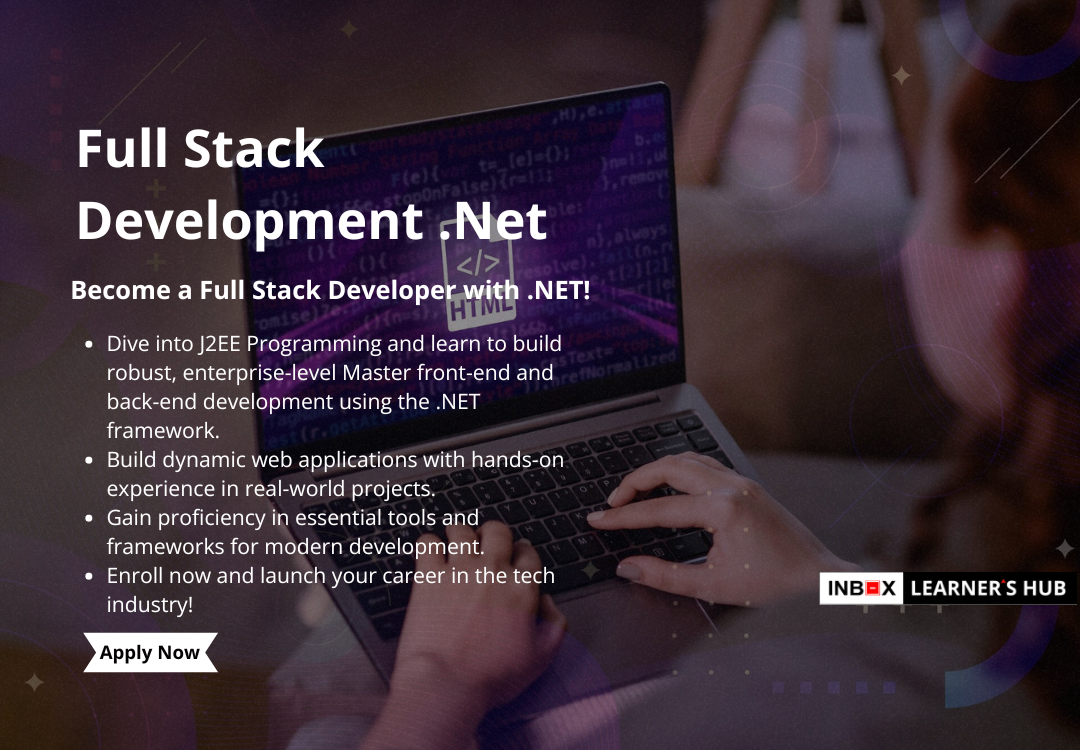
About The Course:.NET course is designed to equip you with the skills and knowledge needed to excel...
.png)
About The Course: Python is a high-level, interpreted, and dynamically-typed programming language k...
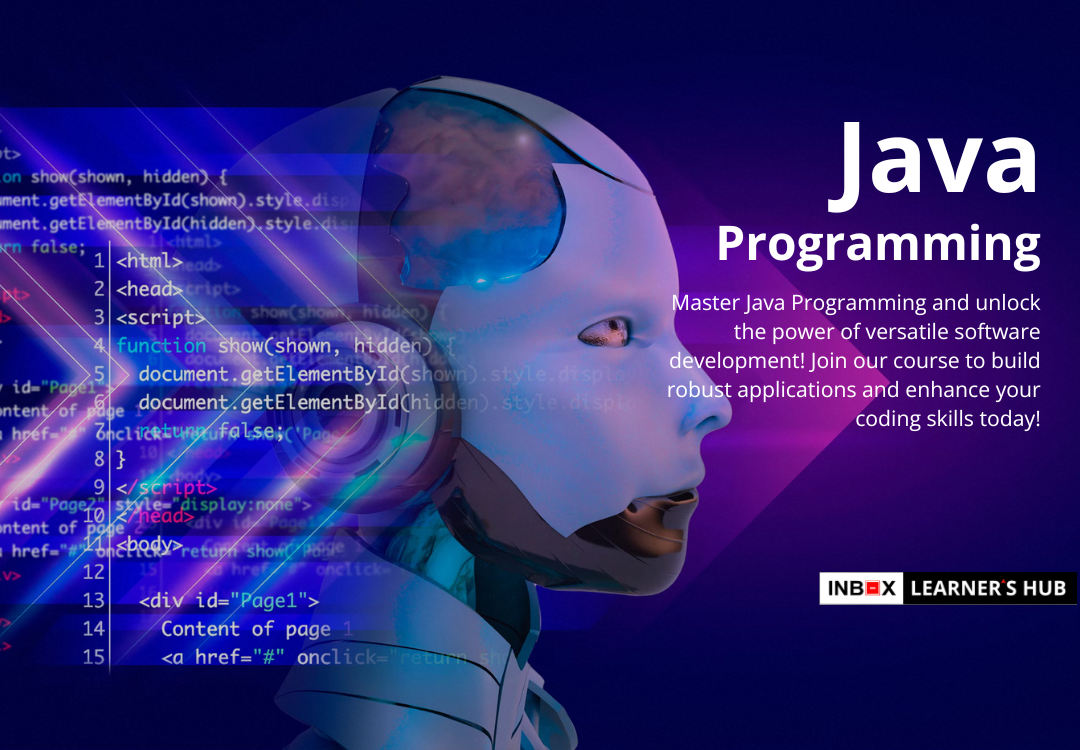
About The Course:Java is a must for students and working professionals to become a great Software En...

About The Course:Bug hunting, also known as vulnerability assessment or penetration testing, is the...

About The Course:In today's digital age, a strong online presence is crucial for businesses, organiz...
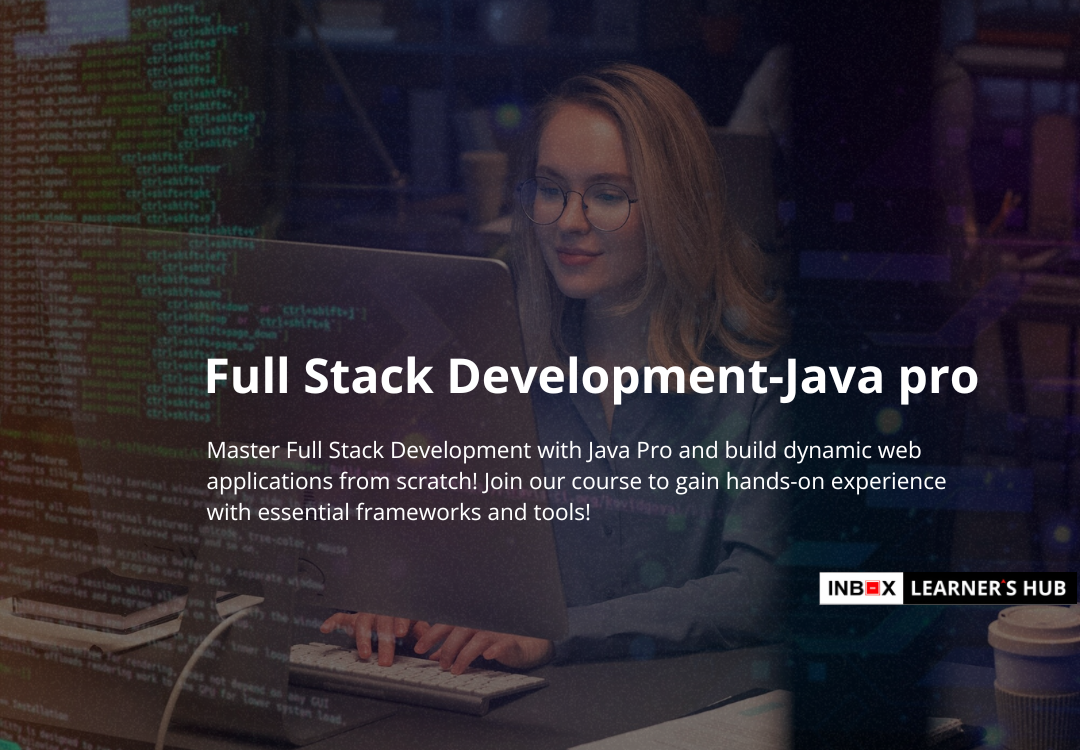
About The Course:Java's extensive ecosystem allows developers to create scalable applications for va...

Building Brand Awareness:One of the primary goals of content marketing is to create and nurture bran...
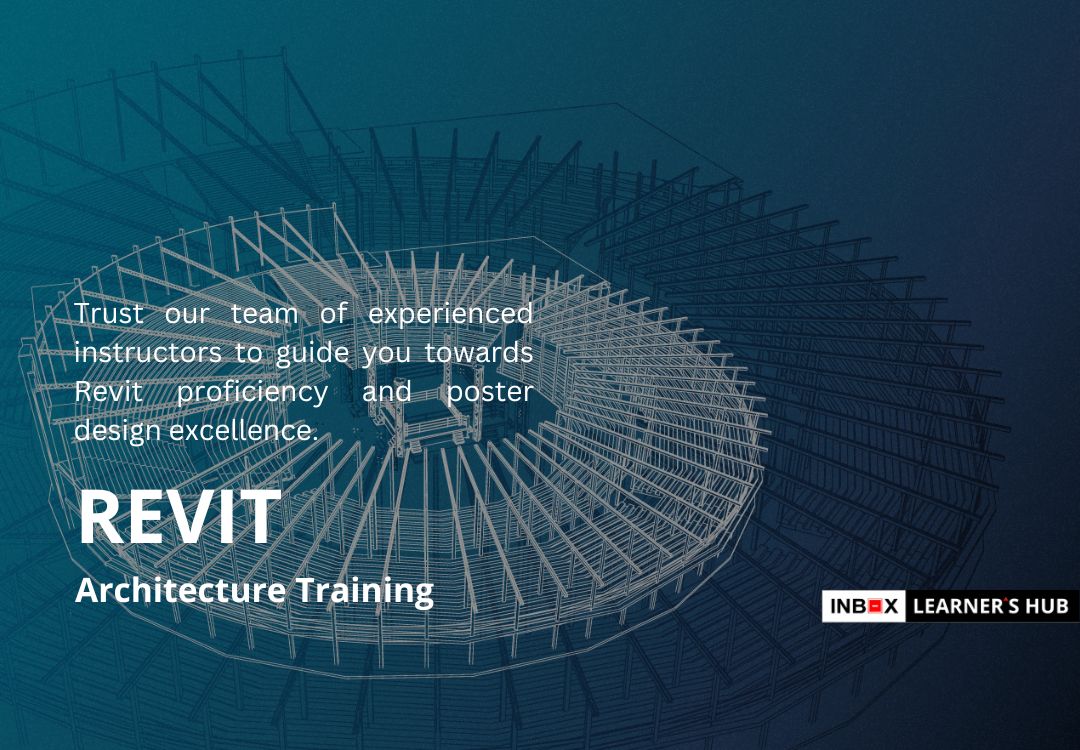
About The Course: In the ever-evolving field of architecture and construction, proficiency in cuttin...

About The Course: The Diploma in Computer Applications (DCA) in Tally is a specialized program aime...

About The Course:Java is renowned for its platform independence, scalability, and robustness. It's u...
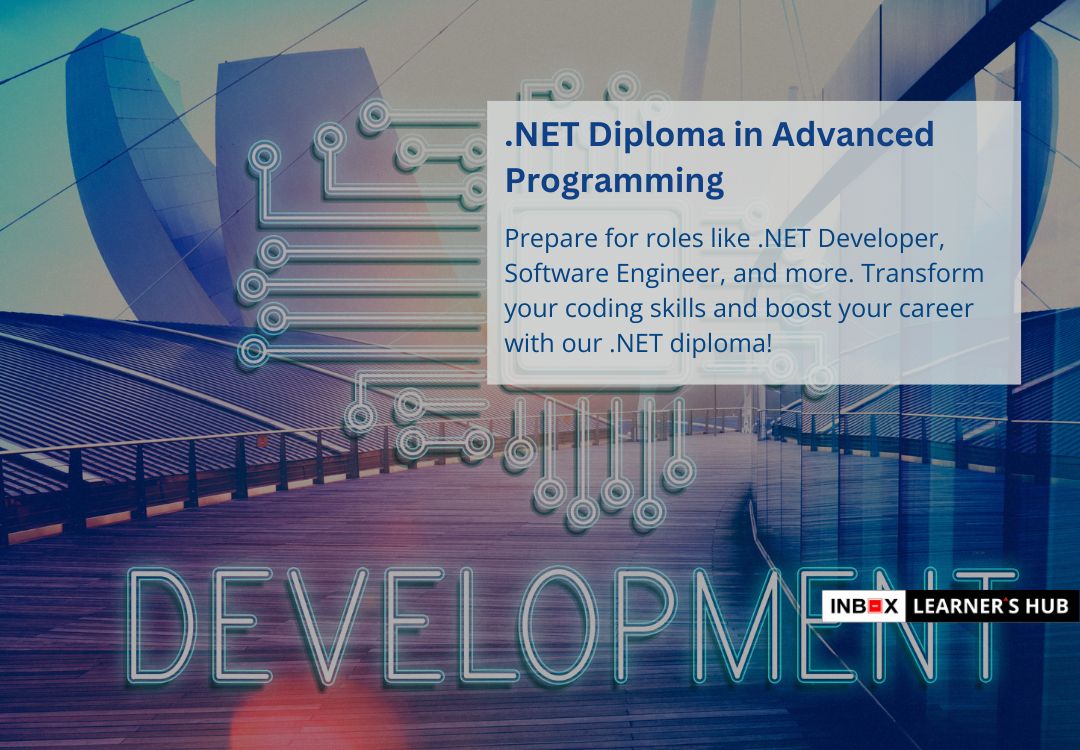
About The Course:.NET offers a robust and versatile framework for building a wide range of applicati...
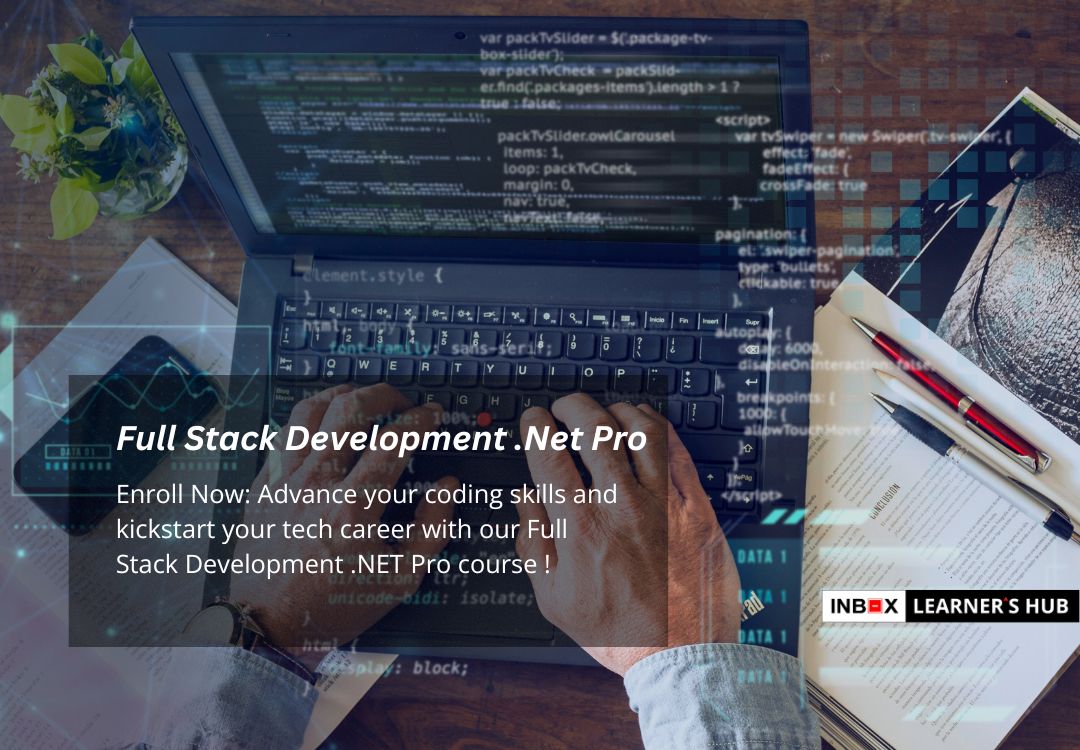
About The Course:.NET, developed by Microsoft, is a powerful and versatile framework that provides a...
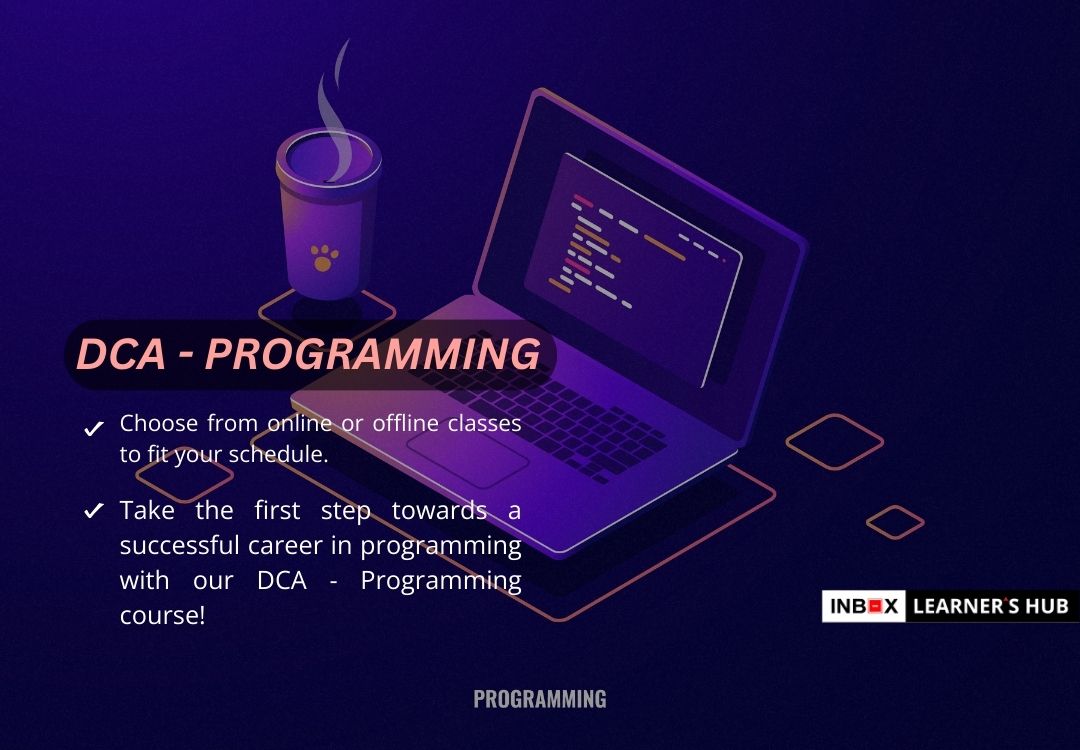
About The Course: Our online Diploma in Computer Applications (DCA) course in programming is a comp...
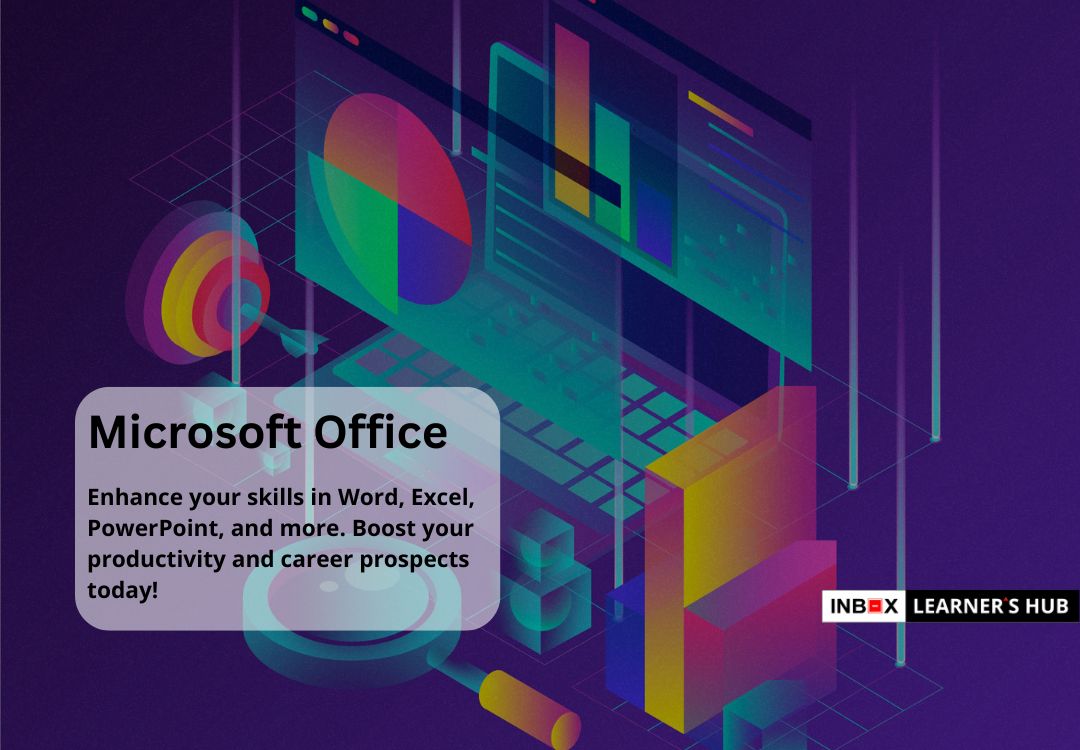
About The Course: Designed to help you accomplish office tasks easily and with greater efficiency,...

About The Course: Dive into various aspects of multimedia, from creating stunning graphics to produ...
.jpg)
About The Course: Our Share Market course is a concise yet comprehensive exploration of the fascina...
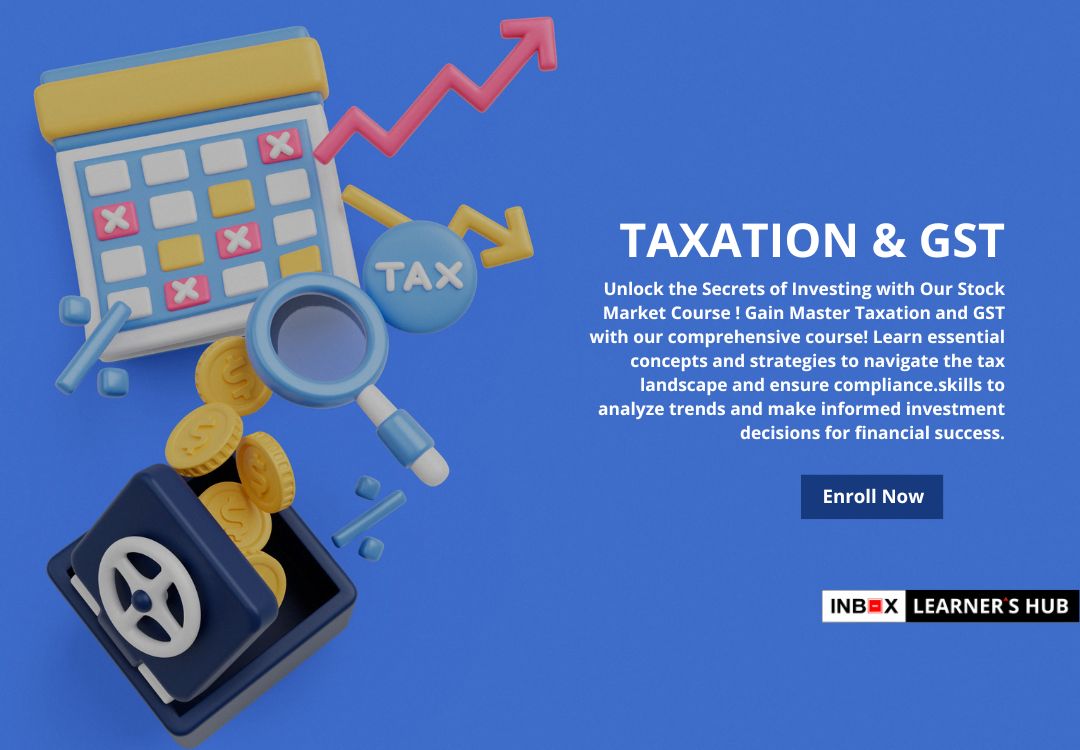
About The Course: Taxation and GST are vital components of the financial landscape that every indivi...
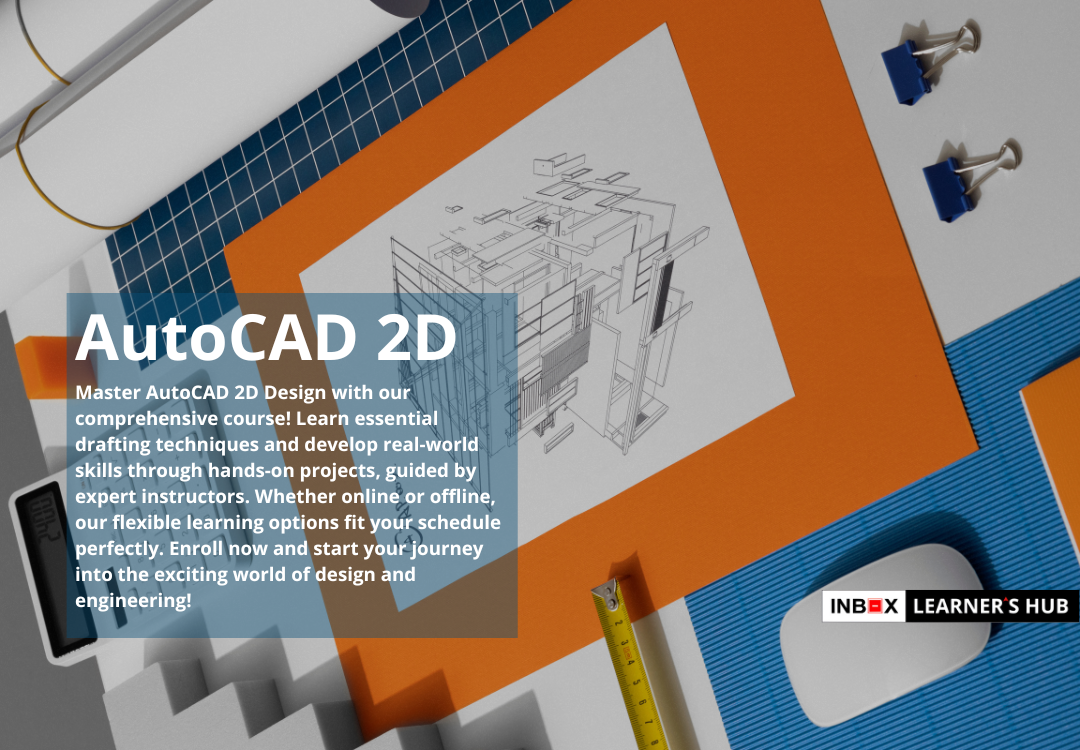
About The Course:AutoCAD 2D is a fundamental software for anyone in the fields of architecture, engi...
.png)
About the course:Data analysis is the process of collecting, cleaning, and interpreting data. The in...
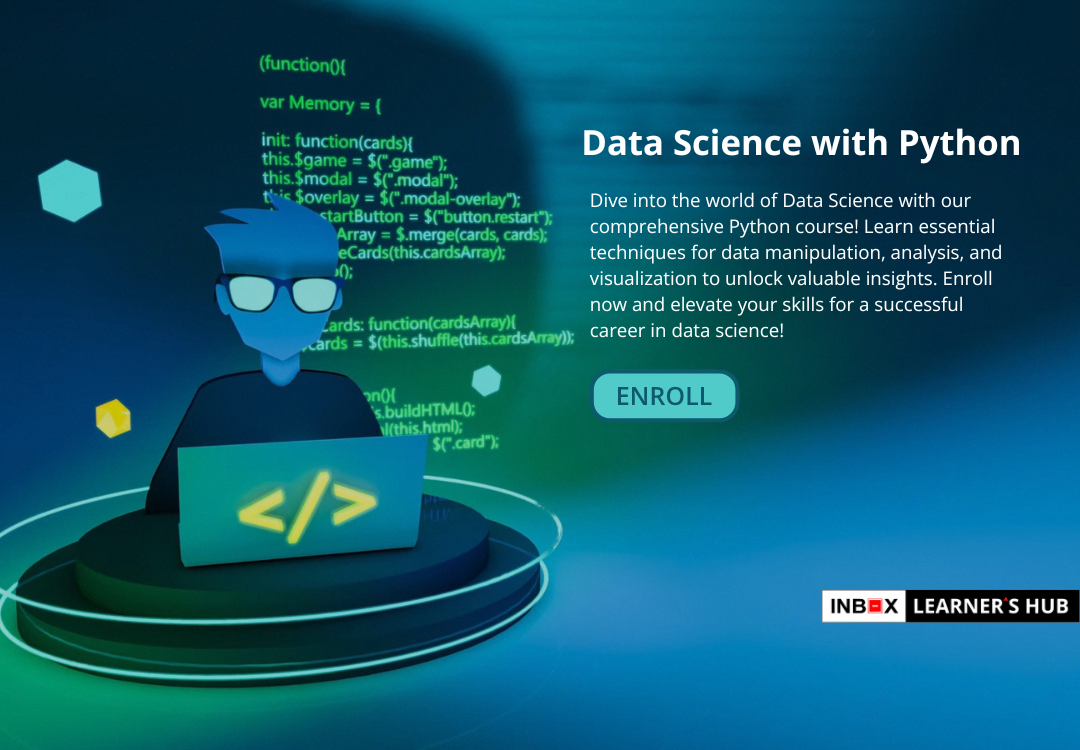
About The Course:Python has become one of the most popular programming languages in the field of dat...

About The Course:Journey through the realms of IT with Cybersecurity course. From hardware fundament...
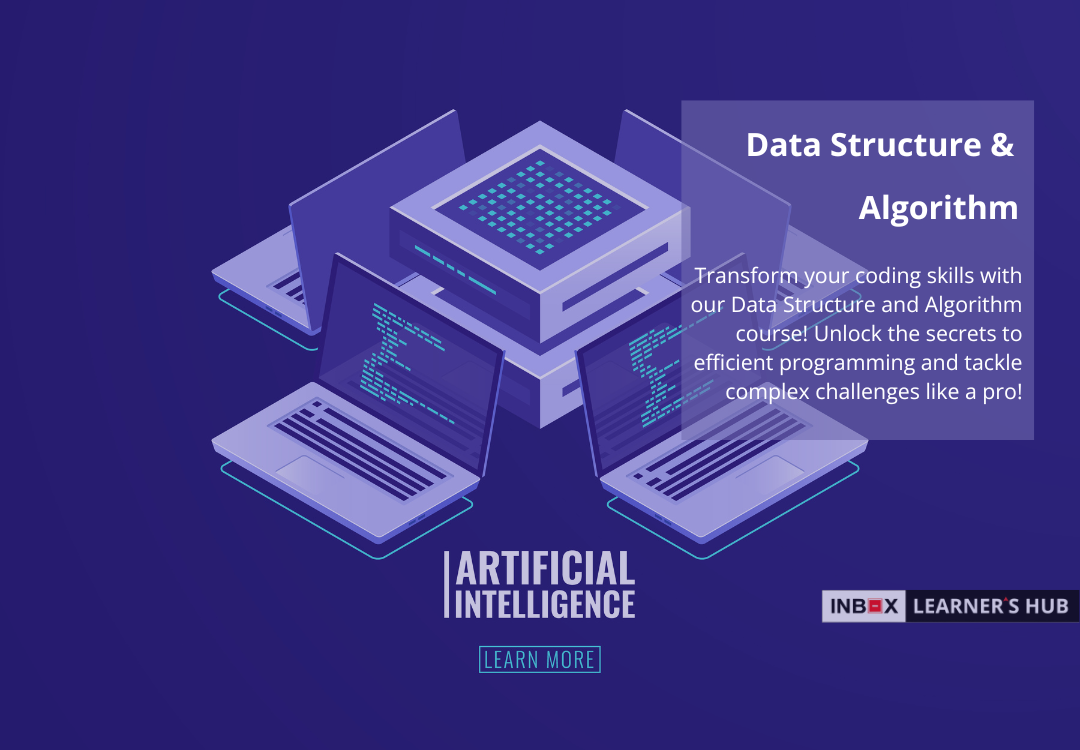
About The Course:Our Data Structure and Algorithm course is designed to equip you with the essential...
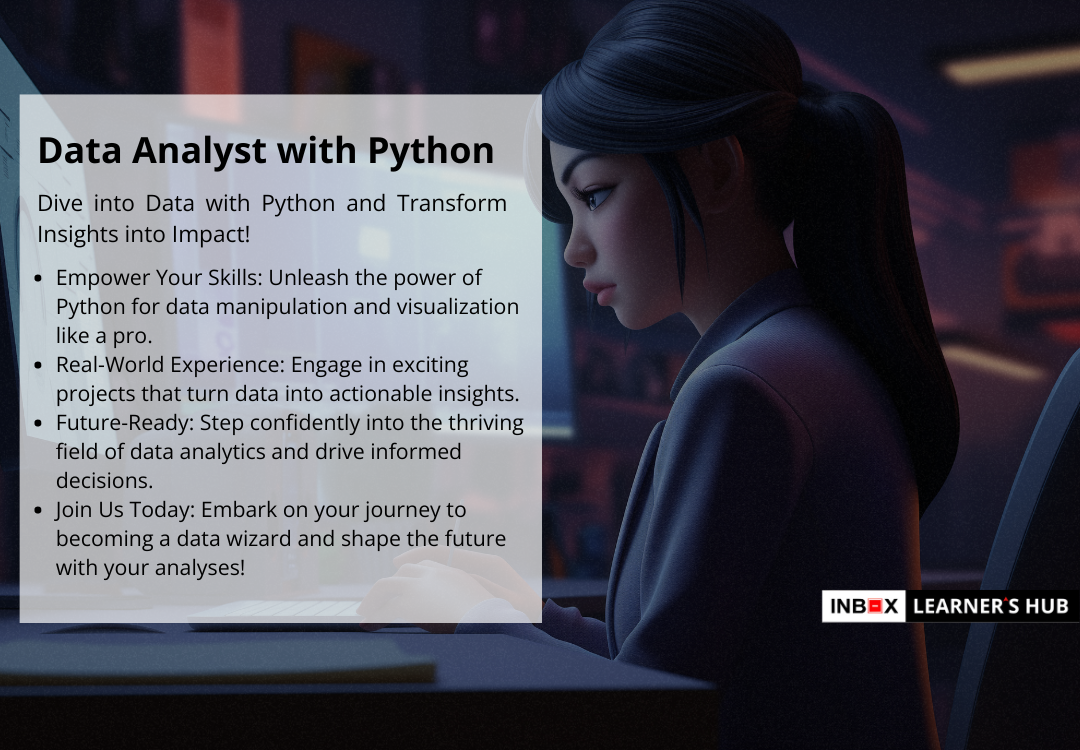
About The Course:In today's data-driven world, the ability to analyze and interpret data is more imp...
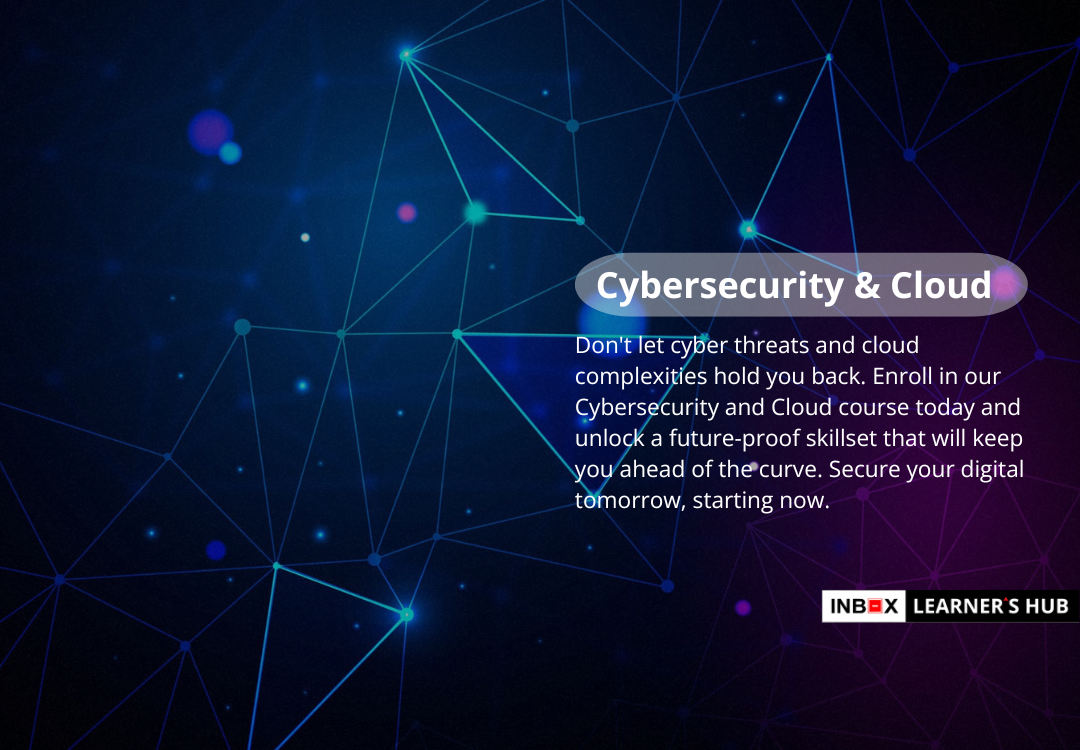
About The Course:In today's rapidly evolving technological landscape, the need for robust cybersecur...

About the Course:In this course we are Covering modules from fundamental payroll administration to p...
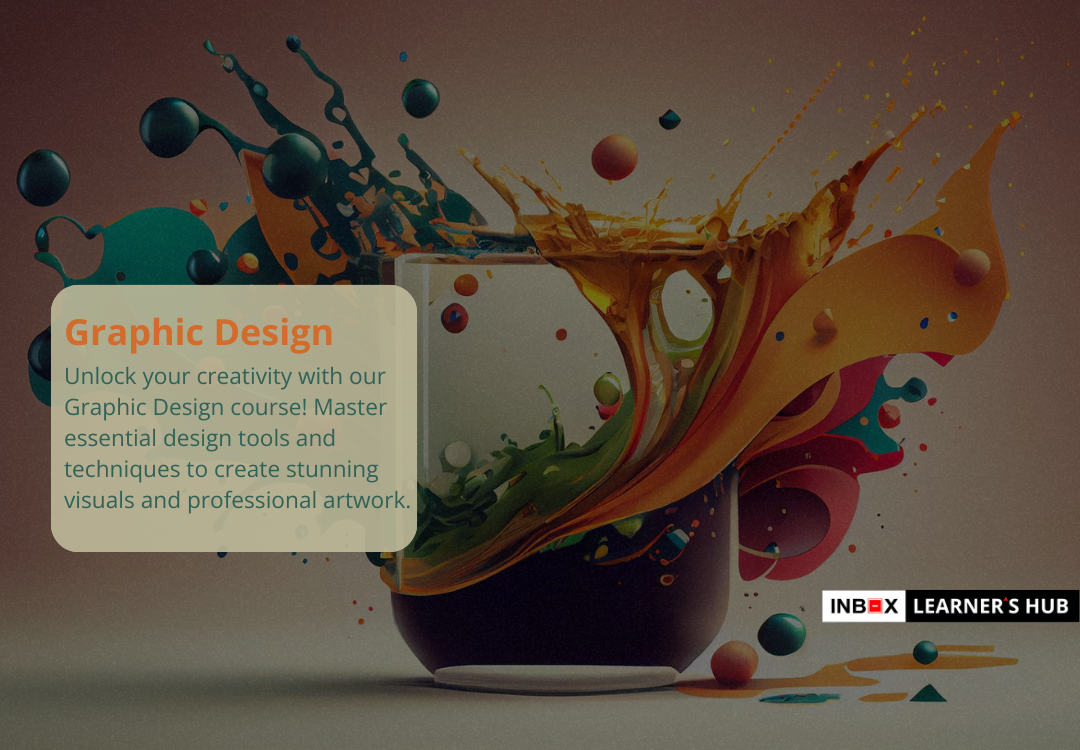
About The Course:In today’s visually-driven world, graphic design plays a pivotal role in communicat...
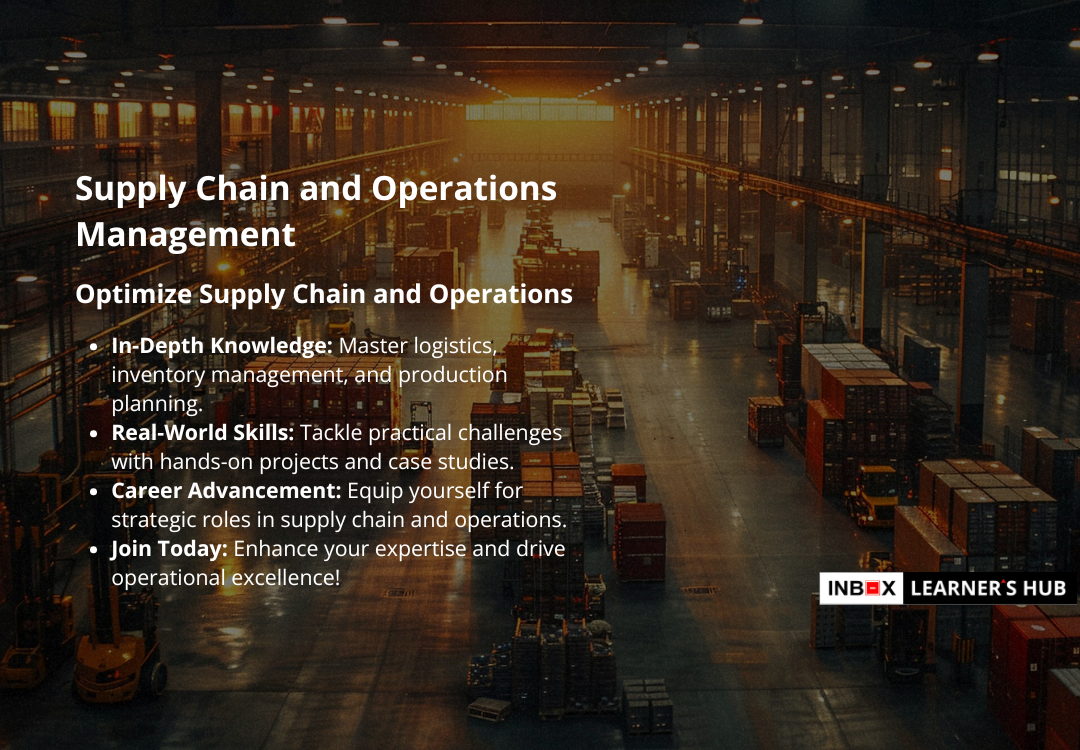
About The Course:Logistics and Supply Chain Management course is designed to equip you with the skil...

About The Course:In the dynamic world of business, effective management is crucial for success. Whet...

About The Course:Both manual and automation testing play crucial roles in this process. Explore the...
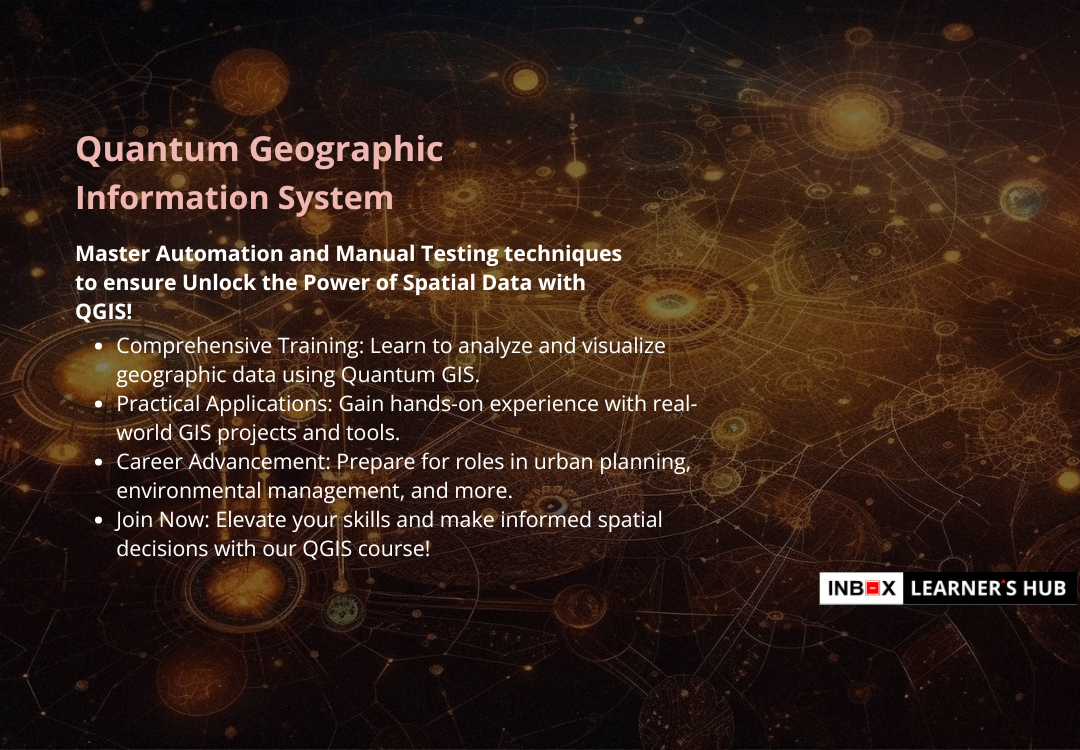
About The Course:Unlock the power of Geographic Information Systems (GIS) with our "Essential QGIS M...
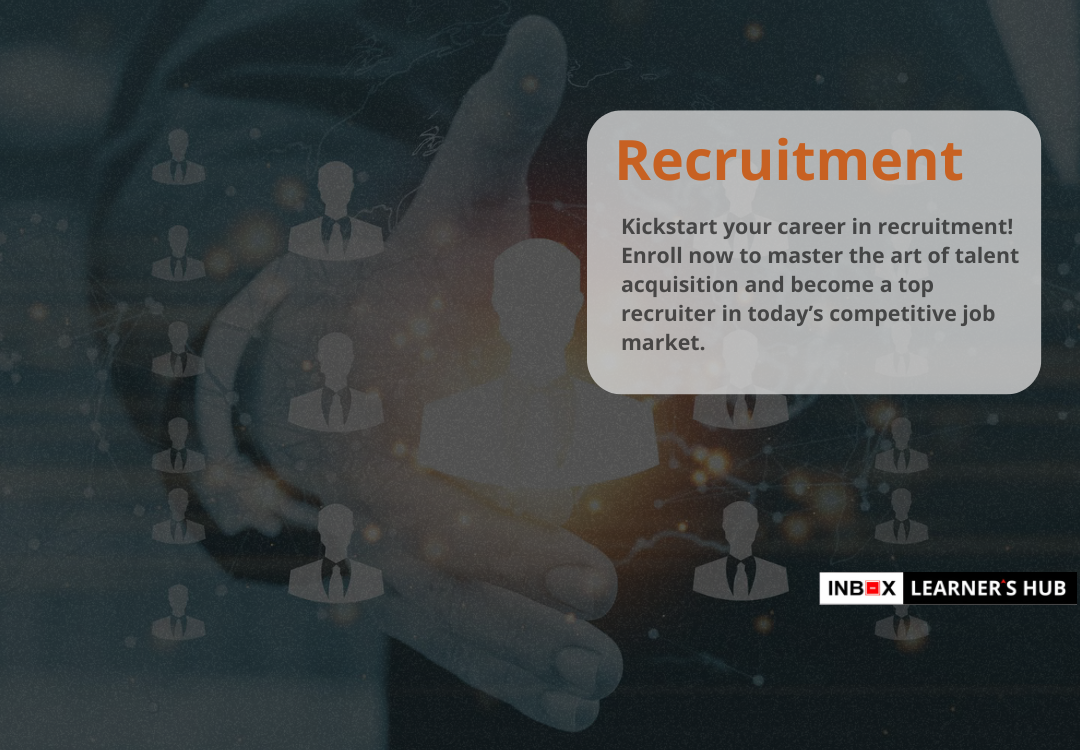
About The Course:Tailored for HR professionals, recruiters, and anyone involved in the hiring proces...
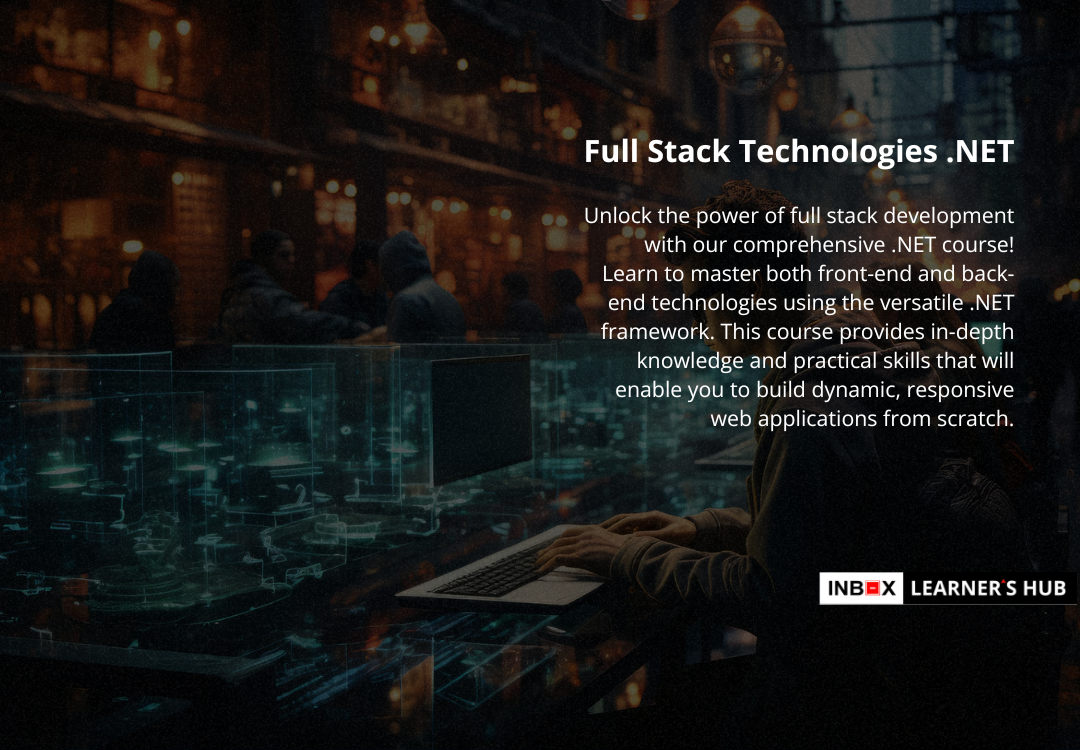
About The Course:Comprising a set of technologies, libraries, and tools, .NET supports multiple prog...
.png)
About The Course: Python's ease of use and extensive libraries make it an ideal choice for automati...
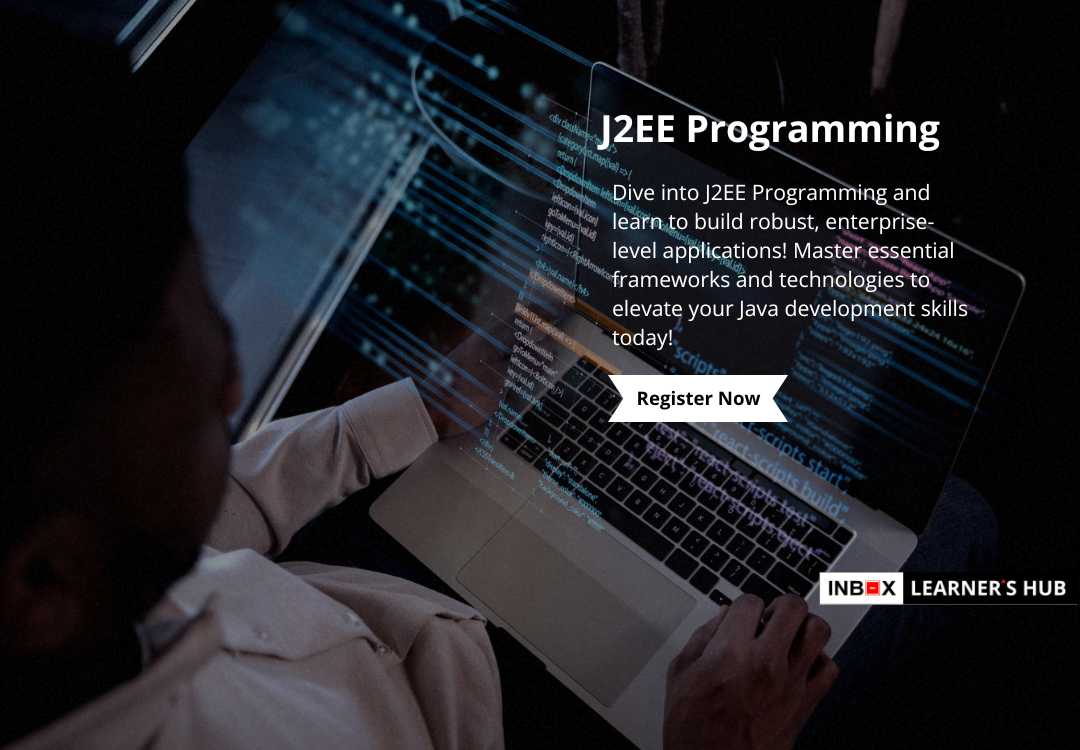
About The Course: Java 2 Platform, Enterprise Edition (J2EE) is a powerful platform for building sc...
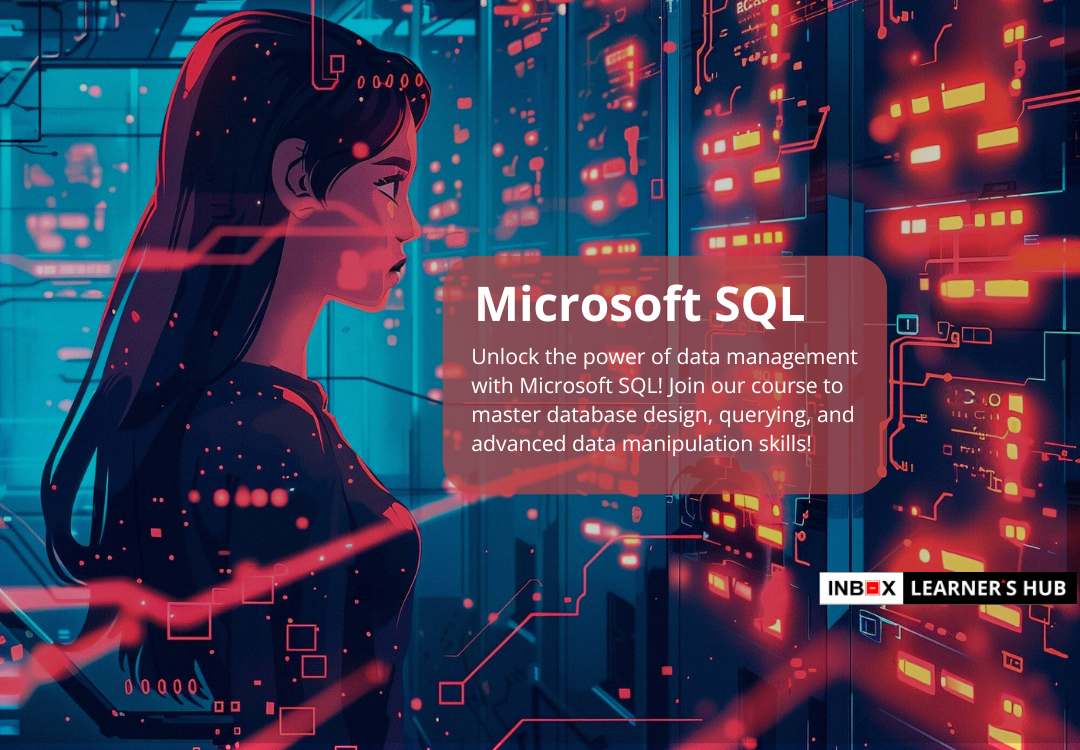
About The Course: In today’s data-driven world, the ability to effectively manage and analyze data...
.png)
About The Course: Python's elegance, readability, and versatility make it a powerhouse in the progr...
.png)
About The Course:In today's digital age, mastering digital marketing is essential for businesses to...
.png)
About The Course:In this course, you'll explore the foundational technologies that power the Metaver...

About The Course:In an era where artificial intelligence (AI) is reshaping industries and driving in...

About The Course:A Digital Twin is a virtual replica of a physical entity or system. This digital mo...

About The Course:In the rapidly evolving world of artificial intelligence, Generative AI is making w...

About The Course:Quantum Computing is an area of computing that harnesses the principles of quantum...

About The Course:Living in a Virtual World refers to engaging with digital environments that simulat...

About The Course:The fifth generation of mobile networks, known as 5G, is revolutionizing the way we...

Above The Course: Our course on The Rise of DevOps is designed to provide you with a deep understand...

About The Course:The "Future of SaaS" course offers an in-depth exploration of the transformative tr...
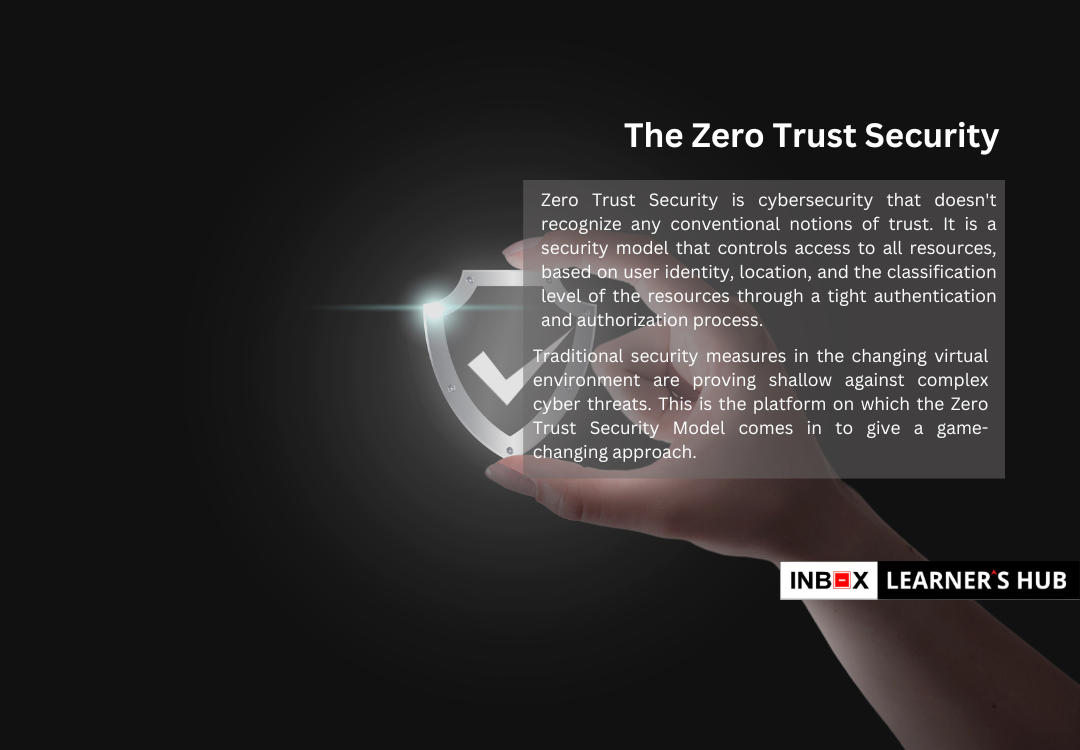
About The Course:This course dives deep into the principles and practices of Zero Trust Security, a...

About The Course:In an increasingly digital world, mastering SEO is crucial for driving organic traf...

About The Course:As voice-activated devices and virtual assistants become more integrated into every...

About The Course:In today’s fast-paced digital landscape, short-form videos have emerged as a powerf...

About The Course: The course delves into how artificial intelligence is transforming the landscape...

About The Course:The course explores the critical factors that differentiate thriving startups from...

About The Course: Explore the dynamic world of eCommerce with our course, This course offers an in-d...

About The Course:This course offers an in-depth exploration of globalization and its multifaceted im...

About The Course:The course offers an in-depth exploration of the rapidly advancing field of wearabl...

About The Course:The course covers a wide range of topics, including smart infrastructure, IoT-enabl...

About The Course:The "Virtual Reality" course offers an immersive journey into the transformative wo...
.png)
About The Course:The course will also cover the operational side of running eSports tournaments, suc...

About The Course:This course offers a comprehensive approach to mastering the skills needed for impa...

About The Course:This course, "Is Conscious Consumerism on the Rise?", explores the shift towards et...

About The Course:This comprehensive course, "Navigating the Gig Economy: Strategies for Success," is...

About The Course:This course offers a comprehensive introduction to deep learning for image analysis...